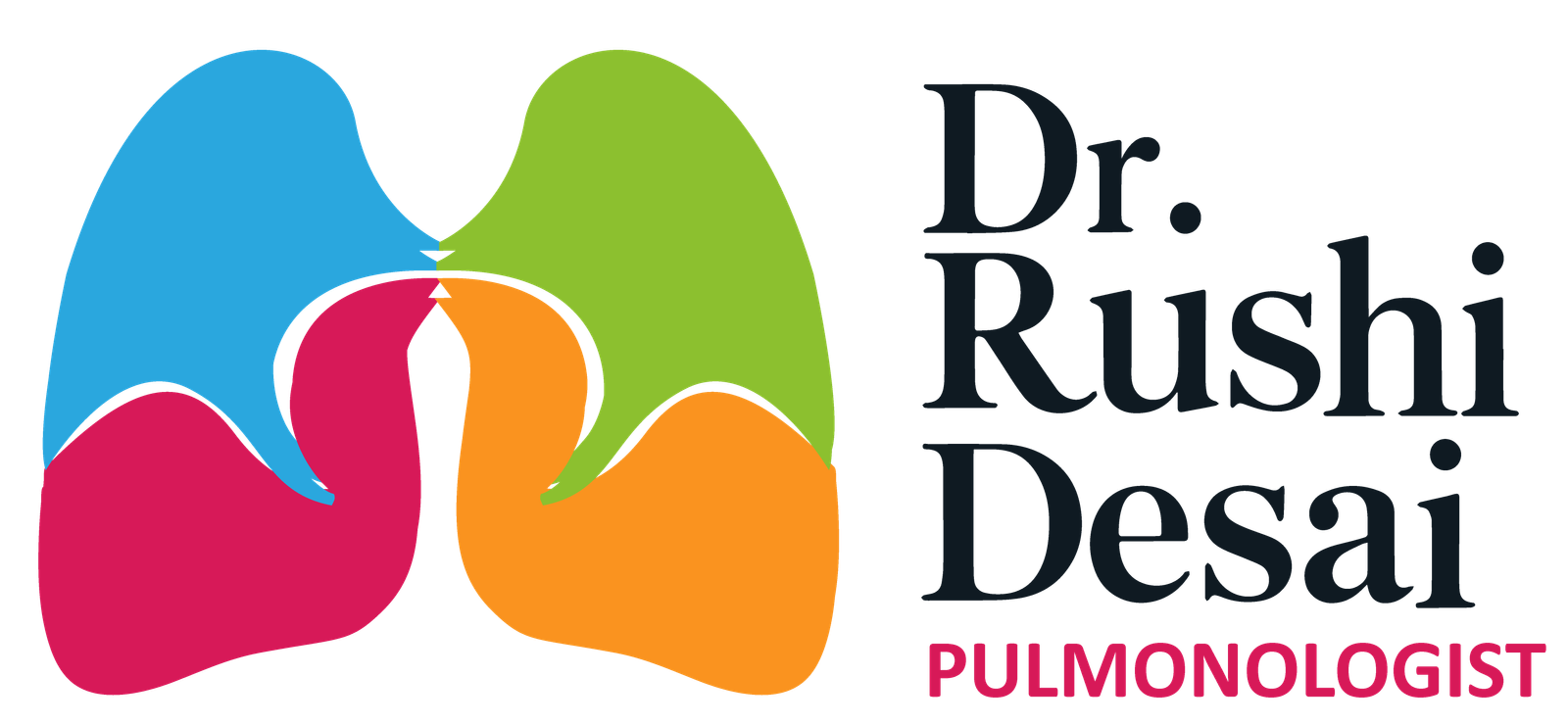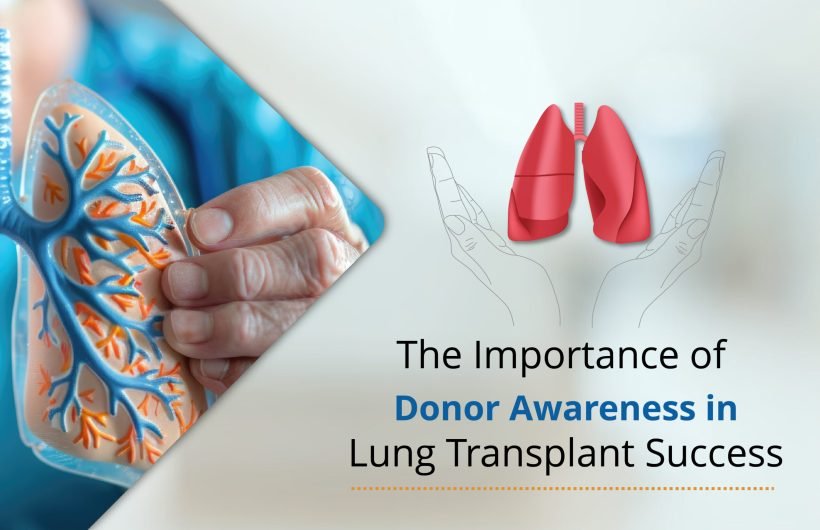One of the most critical factors is the availability of suitable donors for life-saving procedures like lung transplants. Raising awareness about organ donation can make a difference for patients in need of lung transplants. Medical procedures are increasingly available, in cities like Ahmedabad. Patients and their families usually focus on finding the right lung specialist or pulmonologist in Ahmedabad, it is important to make this procedure successful
Why is Donor Awareness Crucial?
Not only is medical expertise important but also the timely availability of a suitable donor is also important for lung transplant surgery. For patients suffering from advanced lung diseases such as chronic obstructive pulmonary disease (COPD), a lung transplant can be the difference between life and death. There remains a space between the total number of patients on transplant waiting lists and the availability of donor organs. Raising awareness about organ donation is more serious than ever. By knowing the importance of organ donors, people can contribute to saving lives and increase the number of successful lung transplants in Ahmedabad.
How a Lung Specialist in Ahmedabad Can Help
A lung specialist or pulmonologist in Ahmedabad can guide patients through the complex lung transplant process, from diagnosis to post-surgery care. The importance of the donor is sometimes ignored. Motivating people to donate organs can reduce waiting times and improve the chances of survival for those in need of lung transplants.
Evaluating and Selecting the Right Donor
Selecting the right donor is an important process in lung transplants to ensure the best match for the patient. The donor’s medical history should be checked, lung function, smoking history, age, size, and the presence of infections or diseases like hepatitis or COVID-19. To reduce rejection, matching blood type and size is essential.
Donor Age
Age is a very important factor in donor selection. The preferred age for lung donation is under 55, so their lungs tend to be healthier and less complicated. Older donors are also suggested, especially if other criteria such as lung function and health are optimal.
Donor Gender
A lung transplant is more effective when the donor and recipient’s gender are matching. For example, male-to-male or female-to-female transplants generally show better results than cross-gender transplants. Still, it all depends on the urgency of the transplant.
Donor Race
Donor race may also influence transplant success, racial compatibility can help improve the matching of immune markers, like human leukocyte antigens (HLA), and it reduces the risk of rejection and improves outcomes.
Smoking History
A donor’s smoking history is crucial in lung transplants. Heavy smokers are generally excluded because smoking can cause heavy damage to lung tissue. Smokers may still be considered if the consumption is light and occasionally. Please contact Dr. Rushi Desai, a highly experienced lung specialist in Ahmedabad, for comprehensive care and expertise in this field.
Size
Conforming the donor’s lungs to be the right size for the patient’s body is important. If the donor’s lungs are too large or too small for the patient’s chest space, it can lead to complications like restricted lung function or difficulty expanding the lungs after transplantation.
Understanding Donation After Circulatory Death (DCD)
This is a method of organ donation that occurs after a person’s heart has stopped beating and circulatory function has stopped. This type of donation can provide life-saving organs to those in need, and this is the most important part of the organ transplant process. Dr. Rushi Desai, a lung specialist in Ahmedabad, can guide you with all your queries.
Types of DCD
There are two main types of DCD:
Controlled DCD:
Organ retrieval happens after the patient’s death has been confirmed, this occurs when life support is withdrawn in a planned and controlled manner.
Uncontrolled DCD:
This happens when a patient suddenly goes into cardiac arrest, and resuscitation efforts are not attempted or are unsuccessful.
Donor Management
Less than 13% of all brain-dead donors are utilized to harvest and transplant lungs. It involves the medical care of potential organ donors to ensure their organs remain usable until they can be recovered for transplantation, it is a very critical process in organ transplantation. Donor management is a complex but necessary process. Close coordination between donor hospitals and transplant teams ensures the best possible outcome for the patient. Lung quality should be maintained by donor management until the organs are not transplanted.
Conclusion
With numerous factors to consider to ensure the success of the transplant, the process of selecting a lung donor is very complex. For those undergoing a lung transplant in Ahmedabad, the availability of a suitable donor is one of the most important factors for success. Offering new hope to patients waiting for a second chance at life, greater donor awareness can help fill the gap between the need for lungs and their availability. Effective donor management is truly at the heart of giving recipients a new lease on life, whether through a lung transplant in Ahmedabad or under the care of a lung specialist or pulmonologist in Ahmedabad.






